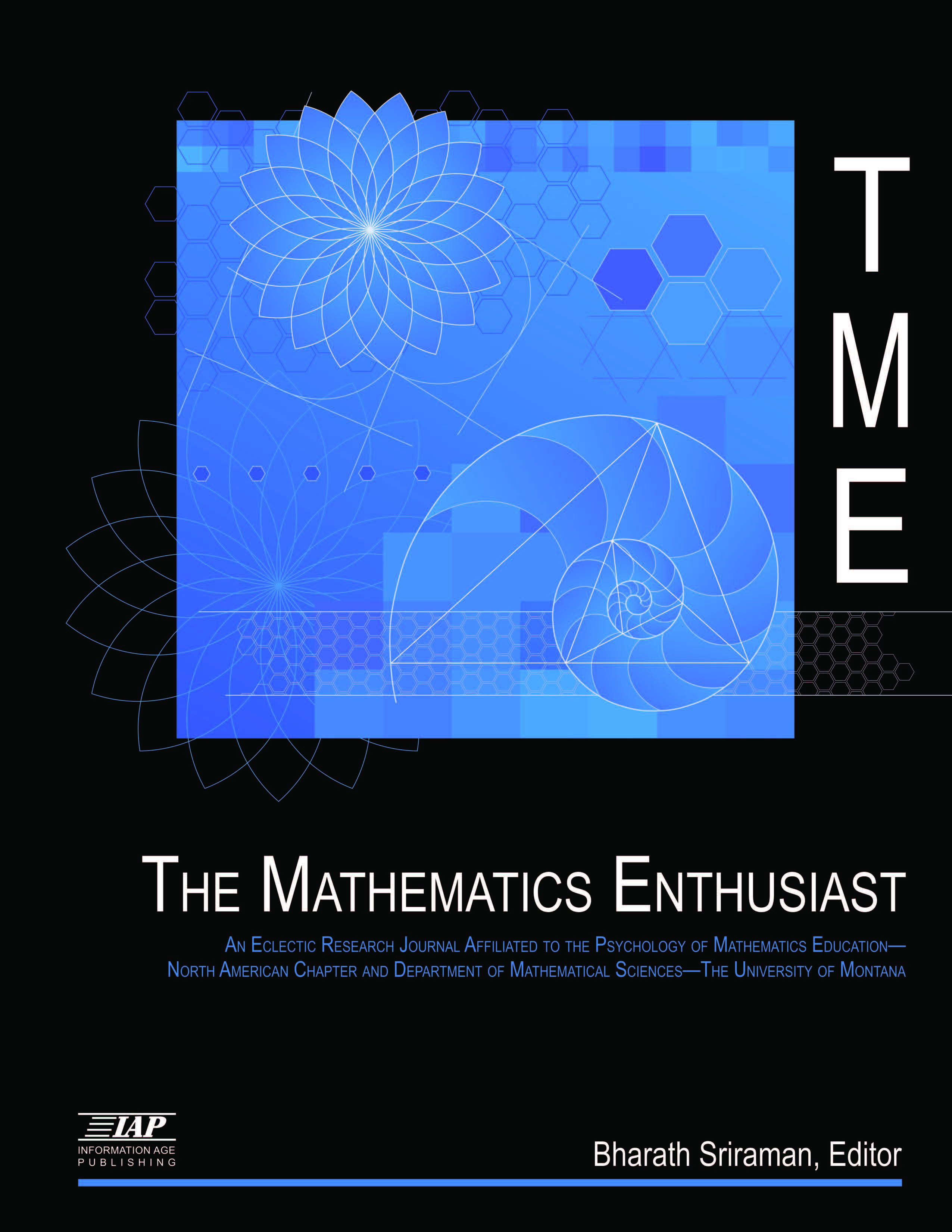
Volume
17
Issue
2-3
Abstract
In their practice, teachers must not only know how to solve mathematics problems; they must also be able to make sense of students’ mathematical thinking, understand the organization and intent of curricular materials, and select contexts to motivate and highlight mathematical ideas. Similarly, mathematics content courses for prospective teachers (PTs) should not only seek to convey mathematical content; they should prepare PTs to use mathematical knowledge in ways that enhance school teaching and learning of the subject. Accordingly, mathematics teacher educators (MTEs) should assess not only the mathematics that PTs know but also whether this mathematical knowledge is organized in ways that are likely to support their teaching. In this article, we present some of the existing research on the assessment of mathematical knowledge for teaching and discuss ways in which MTEs can draw upon the work of elementary school teaching to help assess PTs’ content knowledge and habits of mind. These include assessments that focus on using representations that occur in elementary textbooks, building mathematical arguments, selecting problems to bring out important ideas, and making sense of students’ thinking.
First Page
807
Last Page
842
Recommended Citation
Patterson, C. L., Parrott, A., & Belnap, J. (June 2020). Strategies for assessing mathematical knowledge for teaching in mathematics content courses. In A. Appova, R. M. Welder, and Z. Feldman, (Eds.), Supporting Mathematics Teacher Educators’ Knowledge and Practices for Teaching Content to Prospective (Grades K-8) Teachers. Special Issue: The Mathematics Enthusiast, ISSN 1551-3440, vol. 17, nos. 2 & 3, pp. 807–842. ScholarWorks: University of Montana. Retrieve (open access) from: https://scholarworks.umt.edu/tme
Digital Object Identifier (DOI)
10.54870/1551-3440.1504
